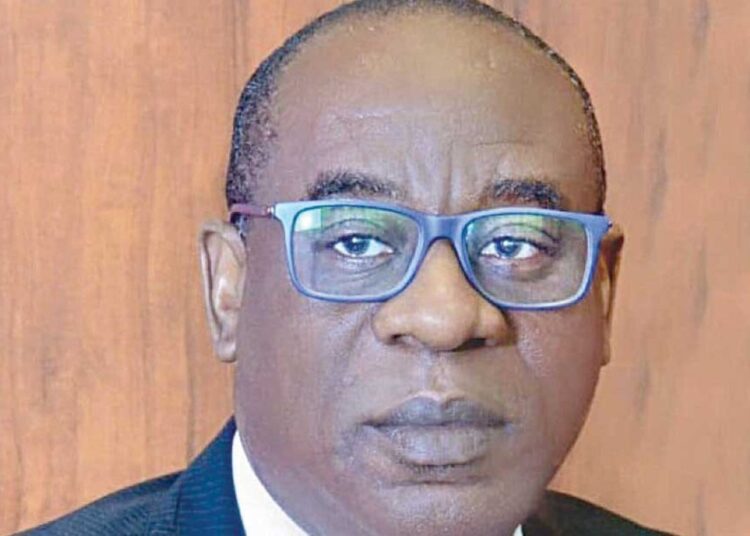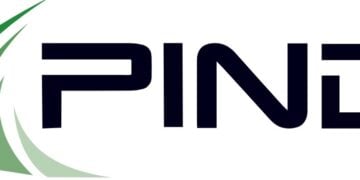The acting governor of Central Bank of Nigeria (CBN), Folashodun Shonubi, has emphasized the need for increased diaspora remittances, saying that the country gets more revenue from it than from the oil sector.
He stated this while delivering a lecture titled, “Diaspora Remittances and Nigeria Economic Development” during the National Institute For Security Studies distinguished personality lecture for Executive Intelligence Management Course (EIMC) 16 in Abuja on Thursday.
The National Institute For Security Studies is an educational arm of the Department of State Services (DSS).
This is even as the commandant of National Institute of Security Studies, Ayodele Adeleke, said that the course will broaden the understanding of security issues in the country, which he said is the mandate of the Institute.
Adeleke noted that the Lecture Series was conceived as part of strategies embedded in the module of the 10-month course to promote and provide a focal point for the programme.
The acting CBN governor further stated that many countries have remittances as the major source of dollars and noted that it would be helpful if in the country, measures can be put in place to control illegal remittances and identify these channels so as to ensure remittance flows into the proper channels and harness maximum benefits to grow the economy.
He said that a panel would be set up to visit some banks unannounced to name and shame commercial banks selling dollars illegally.
He said that the country had an increase in diaspora remittances almost more than it got from construction industry in 2021 adding that many Nigerians in diaspora not saving don’t want to always come back home unless they are forced.
He said: “There are a lot of remittances that are not passing through those channels that people normally ascribe with remittances. We all know that issues of money laundering are always tied to movement of funds.
“We have a classical case where, once you mention you are a Nigerian in the US, and you want to rent a car, they are not going to give you the car to rent.
In those days, we were known for renting the cars, putting the cars in containers, and shipping the cars down to Nigeria. Now, that is the remittance; the source, we don’t know.
“Again, when people talk about remittances, migrant workers, I say we do have a lot of remittances, but for us in Nigeria, it is not migrant workers and the mode of remittances are very different; it’s not always in cash.
“It also means that there is a lot of money laundering that goes on through remittances, because of the nature of remittances that come into Nigeria,” Shonubi stated.
This year’s EIMC Course 16 has 87 participants for the 10-month programme.





